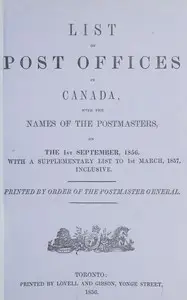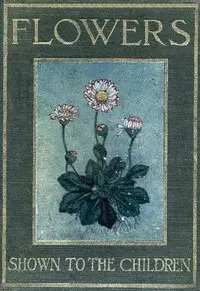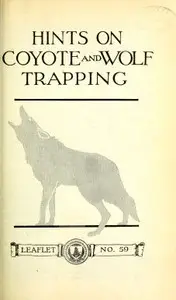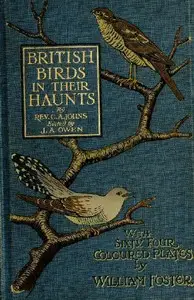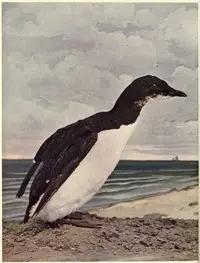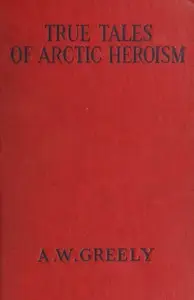"The English Moths and Butterflies" by Benjamin Wilkes is a scientific publication written in the early 18th century. This work meticulously catalogues various species of moths and butterflies found in England, accompanied by detailed illustrations capturing their beauty and diversity. The book also examines the plants, flowers, and fruits that these insects feed on, providing a comprehensive natural history of the subjects discussed. At the start of the publication, the author addresses the Royal Society of London and outlines the purpose of his work, which is grounded in careful observation and experimentation on the life cycles of these creatures. He describes the stages from egg to caterpillar to chrysalis and ultimately to adult moth or butterfly, emphasizing the beautiful diversity in their forms and colors. The introduction sets a reflective tone on the importance of studying nature and details the methodology for observing and collecting specimens, hinting at the engaging insights that will follow in the subsequent sections. (This is an automatically generated summary.)
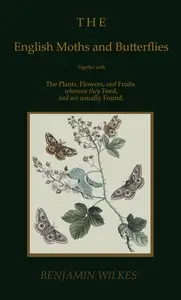
The English moths and butterflies : $b Together with the plants, flowers, and fruits whereon they feed, and are usually found.
By Benjamin Wilkes
"The English Moths and Butterflies" by Benjamin Wilkes is a scientific publication written in the early 18th century. This work meticulously catalogue...
Benjamin Wilkes was an 18th-century artist and naturalist in London. Wilkes' profession was 'painting of History Pieces and Portraits in Oyl'. When a friend invited him to a meeting of the Aurelian Society, where he first saw specimens of butterflies and moths, he became convinced that nature would be his 'best instructor' as to colour and form in art. He began to study entomology spending his leisure time collecting, studying and drawing the adults, larvae, pupae and parasitoids of Lepidoptera, assisted by the collector Mr. Joseph Dandridge. Wilkes' own collection was kept, "against the Horn Tavern in Fleet Street," London, "Where any gentleman or lady," could see his collection of insects. Henry Baker, writing in August 1749, stated that Wilkes had, "died of a fever in about a week after he had finished his laborious and elegant work," and paid tribute to Wilkes as, "indefatigable in his observations and faithful in minuting down every particular but for want of learning quite incapable of writing a book."





